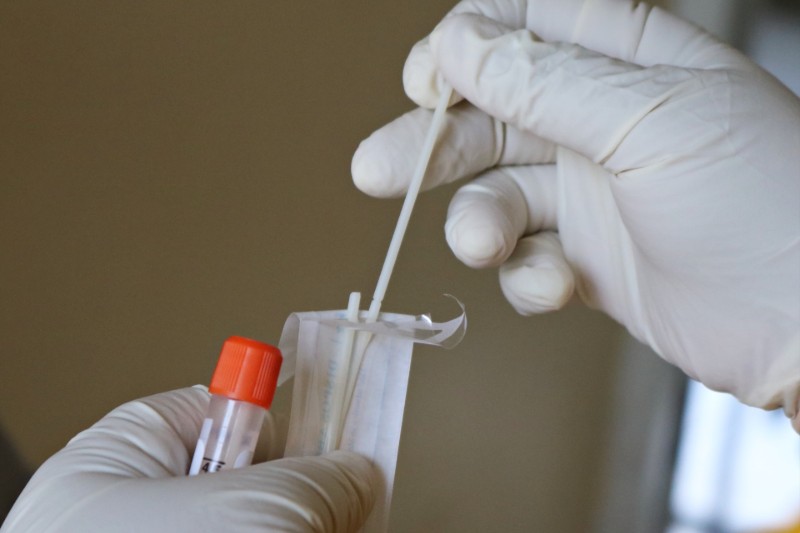California Employment Drug Testing Laws Overview

Employers and employees alike are often vexed by the complexity of California’s pre-employment drug testing laws.
Companies try to balance their legitimate need for safety and security with their employees’ privacy rights.
To help you better understand the risks of employer drug testing laws, our team at Starpoint Law, LC will explain the legal landscape behind these laws.
In this article, we’ll walk you through California drug testing laws. We’ll also help you feel confident about your legal rights when facing an employer-required drug test.
If you have questions, contact us today.
Federal Policy and California Drug Testing Laws
Since the 1980s, the federal government has prohibited illegal drug use in federal employment. This expanded in 1998 with the creation of the Drug-Free Workplace Act.
Employers who have contracts with the federal government valued at $100,000 or more must create workplace drug testing programs. Many states, including California, have their own, similar laws following this format.
California Drug Testing Laws
California drug testing laws try to balance California’s constitutional right to privacy with an employer’s interest in a safe workplace.
Private employers in California may drug test employees in limited, clearly defined circumstances. Public employees may be subject to different testing requirements.
Drug Testing by Private Employers
California drug testing laws pre-employment allow private employers to conduct “suspicionless” drug tests as a condition of employment. Typically, employers cannot routinely or randomly drug test employees after hire.
A few narrow exceptions apply—for instance if your job has a public safety component or your employer suspects you’ve been using illegal substances.
However, if you’ve been singled out for a drug test either in the pre-employment process or after, contact an employment lawyer right away.
California Drug Free Workplaces Act of 1990
If you’re a public employee in California or your employer has a grant from or contract with the State of California, you may be subject to the California Drug Free Workplaces Act’s drug testing requirements.
These California drug testing laws mean employers must certify they have drug-free workplaces, and they give additional leeway to drug test employees.
Disability Discrimination and Rehabilitation
The Americans with Disabilities Act (ADA) and California Fair Employment and Housing Act (FEHA) protect those recovering from substance abuse issues.
However, disability discrimination protections don’t extend to current substance users. Employer drug testing laws protect the employer’s interest in safe workplaces and legal compliance in these cases.
California Employer Policies and Procedures
Regardless of whether your workplace follows state or federal drug-free workplace regulations, your employer may include stricter drug-free policies in their employee handbook.
Some employees may find this challenging, since medical and recreational marijuana are now legal in California. Employers are not required to accommodate medical marijuana use in their policies.
Make sure to check with a prospective employer about their drug testing policies and expectations before you accept the job!
How Starpoint Law, LC Can Help
Our Starpoint Law, LC team is composed of experienced employment lawyers who can help you navigate even the toughest human resources issues.
Contact us today if you’re concerned about being drug tested by your prospective or current employer. Our track record of advocating for employees’ rights speaks for itself.

